Kanha National Park is also known as Kanha Tiger Reserve is located in the Kanha area of Madhya Pradesh. It was established in 1955 and became a tiger reserve in 1973.
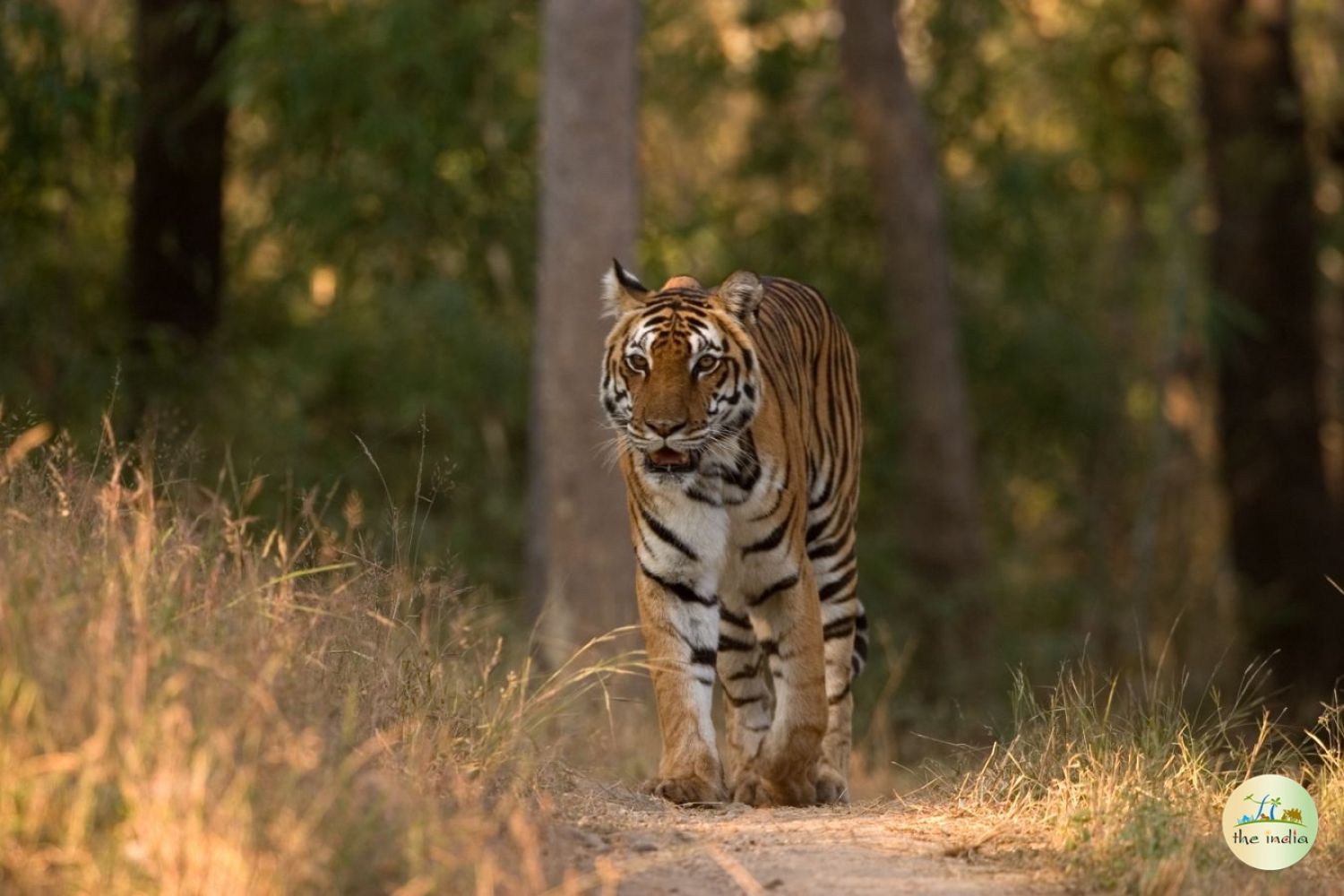
Explore Kanha National Park through captivating images that showcase their rich culture, history, and charm.
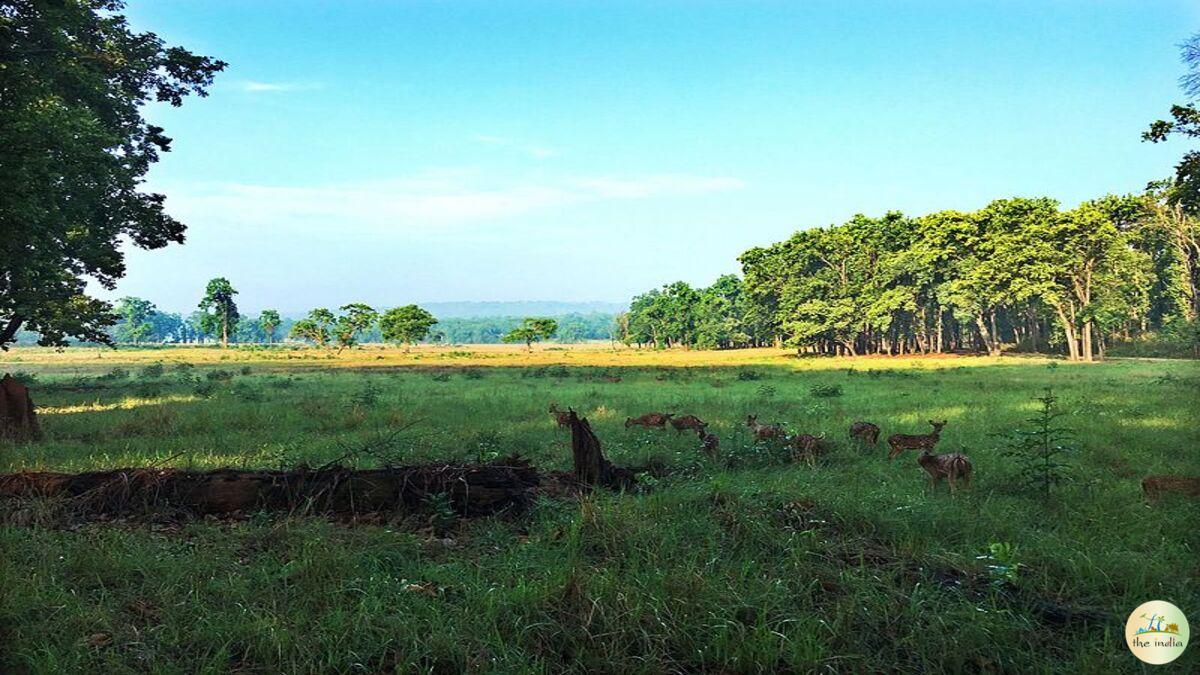
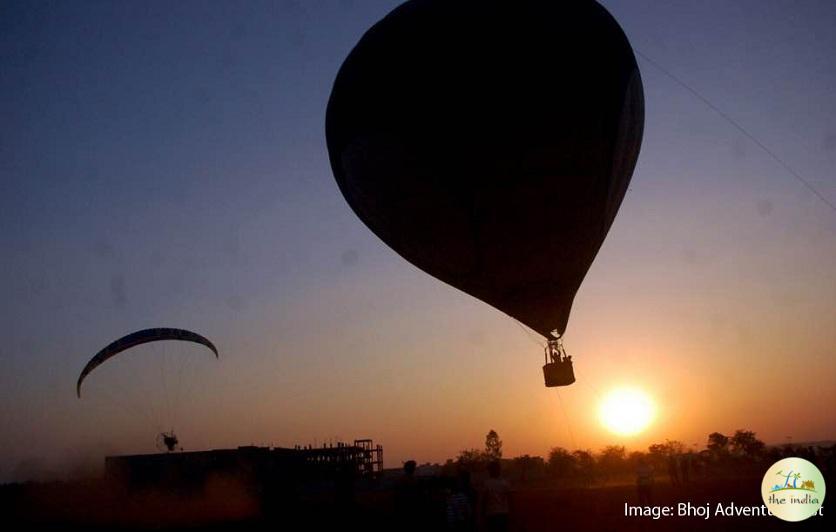


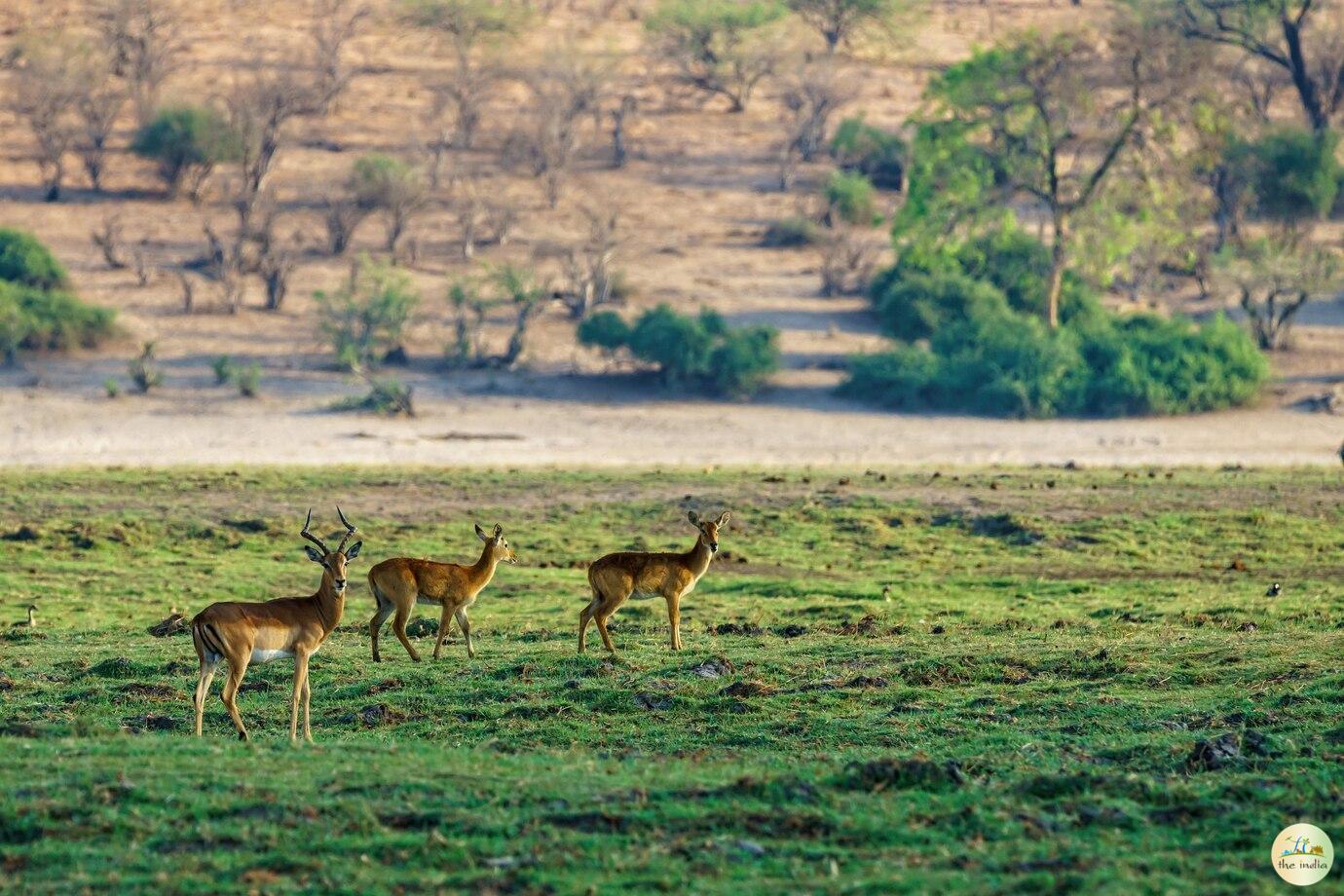

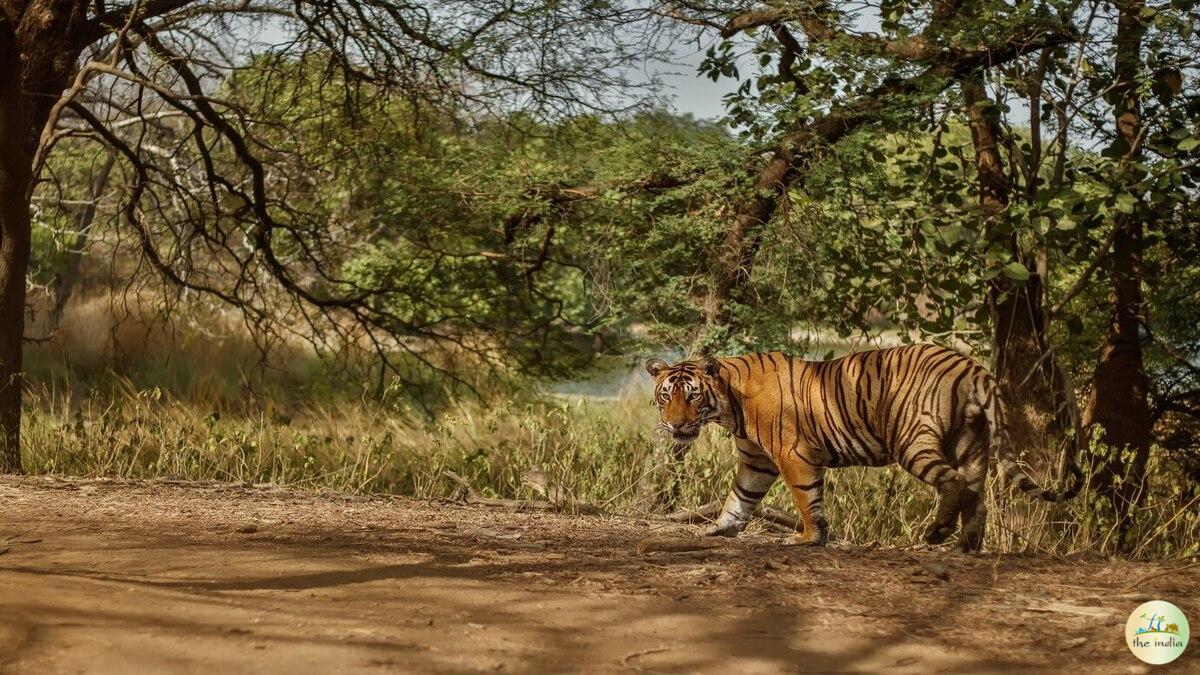

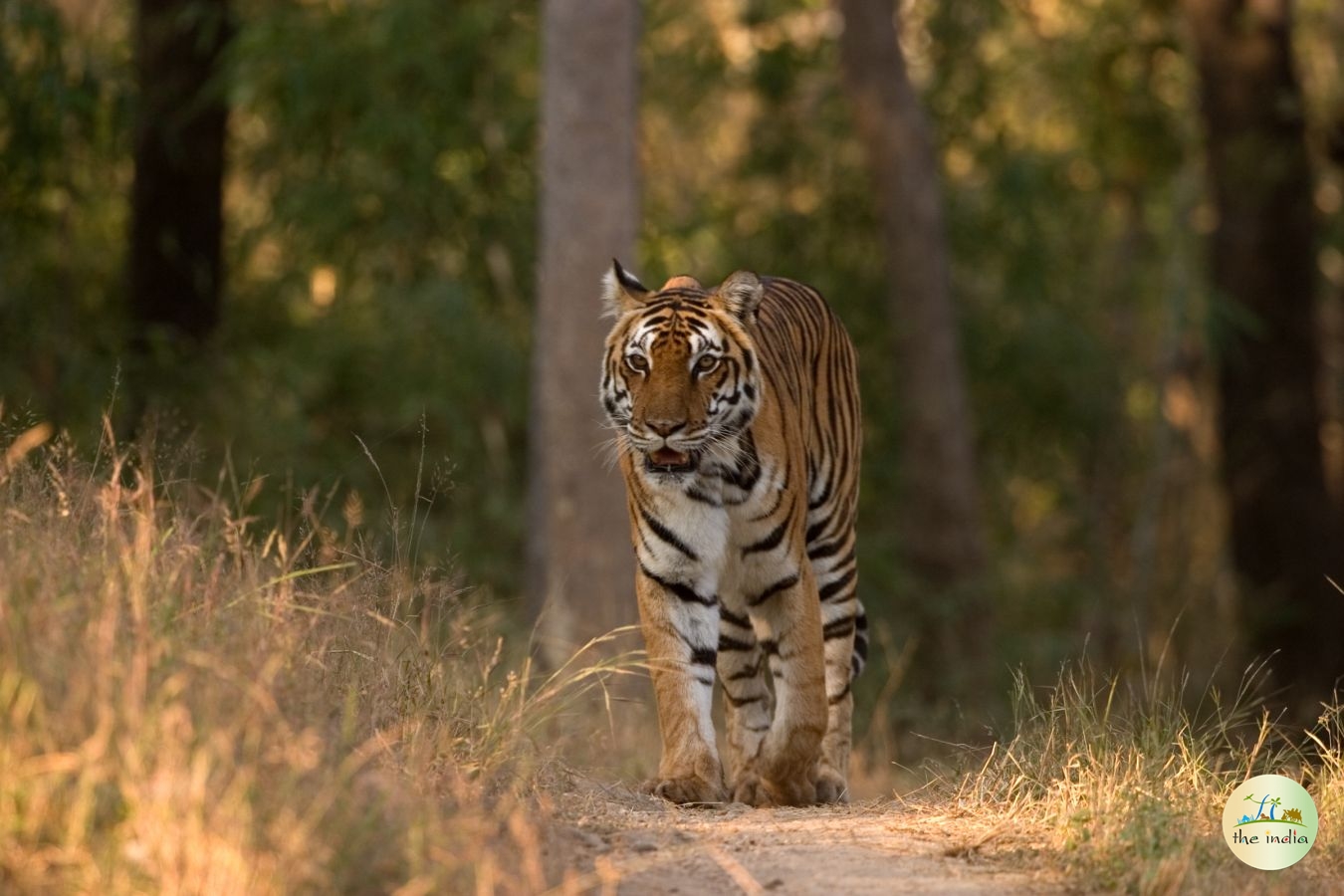

The nearest Airport is Jabalpur Airport, which is approximately 175 km away.
The nearest Railway station is Jabalpur Railway Station, which is approximately 180 km away.
Kanha National Park is well connected with nearby major cities like Jabalpur, Nagpur and Raipur by road.
Kanha National Park, located in Madhya Pradesh was established in 1955. Geography of Kanha National Park tells us that there are historical references also to the park dating back to ancient times when it served as the hunting grounds for the rulers of the region.
The park's natural architecture lies in its natural splendour, with vast expanses of lush greenery, meandering rivers, and dense forests forming its picturesque landscape, which is home to a variety of wild animals.
The chief regions of tourist attraction within Kanha National Park are the Kanha and Mukki zones, each offering a unique wildlife experience. The Kanha zone is renowned for its dense Sal forests and expansive meadows, providing an ideal habitat for tigers and other wildlife. Additionally, it features the famous Bamni Dadar viewpoint, offering panoramic views of the park. On the other hand, the Mukki zone is characterized by its rugged terrain, picturesque valleys, and bamboo forests, attracting visitors with its diverse landscapes and excellent opportunities for wildlife sightings, including the elusive Indian bison, also known as gaur.
1. Wildlife Safari: Embark on an exciting safari adventure to explore the park's rich biodiversity.
2. Bird Watching: Kanha National Park is a paradise for bird watchers with over 300 bird species.
3. Nature Walks: Take walks through the park's serene trails and immerse yourself in the natural beauty.
4. Photography: Capture stunning moments of wildlife and landscapes in the Kanha Tiger Reserve.
1. Jeep Safari: Traverse through the wilderness in open jeeps, spotting elusive wildlife and soaking in the park's raw beauty.
2. Elephant Safari: Ride gentle giants in the park for a new perspective and get up close to wildlife.
3. Jungle Trek: Immerse yourself in nature's wonders on guided treks, discovering hidden trails, diverse flora, and fauna, and the wild essence of the park.
1. Kanha Museum: It is managed by the forest department, Dive into the rich history and biodiversity of Kanha National Park at this informative museum.
2. Lapsi Kabar: A brave and skilled hunter and guide named 'Lapsi' died while fighting a tiger to protect his companions. A gravestone was placed at the site where he fought the tiger. Today, Lapsi Kabar is a significant location in Kanha National Park.
3. Shravan Tal: In the Kanha tiger reserve, there is a small pond where Shravan Kumar carried his blind parents and fetched water for them. Unfortunately, while fetching water, Shravan was killed by Dashratha, Lord Rama's father. As a result, the pond is now known as Shravan Kumar Pond.
4. Sindoor Trees: Sindoor, commonly used in Indian households, is made from the extract of a tree variety that is abundant in India.
1. Jabalpur: Explore the Marble Rocks at Bhedaghat or visit the iconic Dhuandhar Falls.
2. Amarkantak: Discover the origin of the Narmada River and explore its religious significance at Amarkantak.
3. Bandhavgarh National Park: Bandhavgarh National Park, Another wildlife haven nearby, renowned for its high tiger population and diverse flora and fauna.
Kanha National Park Tickets for safaris and entry into Park, visitors can book online through the official website of Madhya Pradesh Forest Department or through authorized travel agencies.
It is advisable to book in advance, especially during peak seasons, to secure your spot.
Pack only essential items like sunscreen, insect repellent, hats, and comfortable outdoor clothing.
Be respectful of wildlife by keeping a safe distance, avoiding loud noises, and refraining from feeding them.
Follow the guidelines given by park authorities and guides to ensure a safe and enjoyable experience.